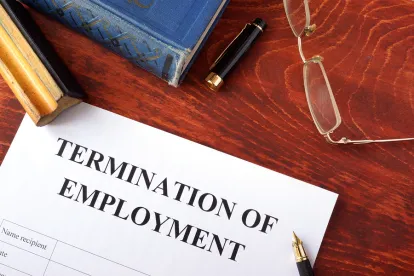Among the slew of new legislation that Gov. Murphy signed on January 21, 2020, is an amendment to the Millville Dallas Airmotive Plant Job Loss Notification Act, New Jersey’s plant closing law which is fashioned after the federal plant closing law, known as the WARN Act.
Many states have their own mini-WARN acts, but with the amendments just signed by Gov. Murphy, New Jersey’s mini-WARN Act is reportedly the first of its kind to mandate severance payments to terminated employees and is one of the most aggressive plant closing laws in the country. The amendments go into effect on July 19, 2020.
Significant Changes with the New Plant Closing Law
The new law defines “Establishment” as any place of employment which has been operated for at least 3 years and includes either a single location or a group of locations anywhere in the state. Previously, the law only focused on single locations or contiguous locations such as office parks or facilities close to each other.
The new law still applies to employers with 100 or more employees, but now all employees – both part-time and full-time – are counted. Previously, only full-time employees were counted and provided protections under the law.
Prior law defined a “Mass Layoff” as a reduction in force resulting in the termination during any 30-day period of either 500 or more full-time employees or 50 or more full-time employees representing 33% of the full-time employees at a particular establishment. The new law applies to any mass layoff of 50 or more employees (part-time and full-time) anywhere in the State. The 33% factor has been eliminated.
A termination or transfer of operations or mass layoff which triggers compliance with New Jerseys mini-WARN Act has been increased from 60 days to 90 days and severance pay is mandatory for any employee receiving this notice. The law requires that all terminated employees be paid severance pay equal to one week of pay for each full year of employment. There is no cap on this amount. If an employer fails to provide the required 90 days of notice, an additional 4 weeks of severance pay is required. Significantly, the law states that an employee cannot waive their right to severance unless the waiver is approved by the Commissioner of the Department of Labor or a court of competent jurisdiction.
Finally, the law adopts the definition of “employer” which is used in many of New Jersey’s wage and hour and employment-related statutes. An “employer” includes any individual, partnership, association, corporation, or any person or group of persons acting directly or indirectly in the interest of an employer in relation to an employee, and includes any person who, directly or indirectly, owns and operates the nominal employer, or owns a corporate subsidiary that, directly or indirectly, owns and operates the nominal employer or makes the decision responsible for the employment action that gives rise to a mass layoff subject to notification.
Takeaway
New Jersey’s revised mini-WARN Act provides significantly increased protections and benefits to employees and imposes costly and far-reaching requirements on employers.




 />i
/>i

